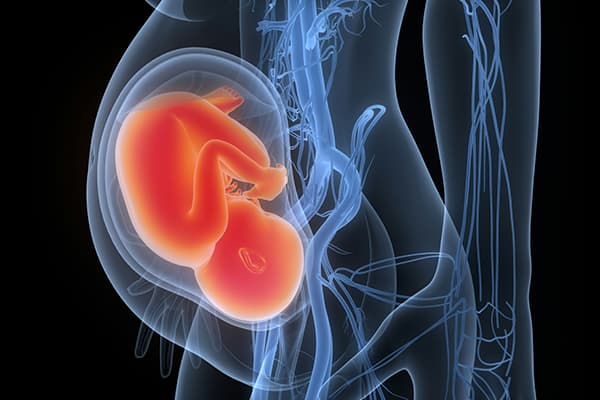Synthetic Pregnancy & Fetal Health Dataset
Synthetic EMRs & Patient Records
Tags and Keywords
Trusted By




"No reviews yet"
£29.99
About
The Synthetic Fetal Health Dataset is created for educational and research purposes in the fields of healthcare, obstetrics, and fetal monitoring. It includes a range of features related to fetal heart rate (FHR) patterns, uterine contractions, accelerations, and variability, which can help in assessing fetal well-being and detecting potential health risks.
Dataset Features
- Baseline Value: Baseline fetal heart rate value (in beats per minute).
- Accelerations: Number of accelerations in the fetal heart rate.
- Fetal Movement: Amount of fetal movement detected during monitoring.
- Uterine Contractions: Frequency of uterine contractions during the monitoring period.
- Light Decelerations: Number of light decelerations observed in the fetal heart rate.
- Severe Decelerations: Number of severe decelerations observed in the fetal heart rate.
- Prolonged Decelerations: Number of prolonged decelerations observed.
- Abnormal Short-Term Variability: Percentage of time with abnormal short-term variability.
- Mean Value of Short-Term Variability: Mean value of short-term variability in fetal heart rate.
- Percentage of Time with Abnormal Long-Term Variability: Percentage of time with abnormal long-term variability in fetal heart rate.
- Fetal Health: Fetal health status indicator (e.g., Normal, Suspect, Pathological).
Distribution


Usage
This dataset is ideal for various applications in obstetrics, healthcare, and data science:
- Fetal Health Prediction: Build machine learning models to classify fetal health into normal, suspect, or pathological categories based on key features.
- Heart Rate Variability Analysis: Study fetal heart rate variability and its correlation with fetal health.
- Uterine Contractions and Fetal Movement: Analyze how uterine contractions and fetal movement impact fetal health.
- Deceleration Patterns: Investigate the relationship between different types of decelerations and fetal health risks.
- Fetal Monitoring Systems: Develop intelligent fetal monitoring systems to detect anomalies in real time and recommend interventions.
- Obstetrics Research: Conduct research into fetal well-being during different stages of pregnancy using simulated data.
Coverage
This synthetic dataset is anonymized and represents a diverse set of fetal health monitoring conditions, ensuring it can be used for educational and research purposes. The dataset contains examples of various fetal heart rate patterns and variability measures, providing comprehensive data for analysis and modeling.
License
CC0 (Public Domain)
Who Can Use It
- Healthcare Professionals: For analyzing fetal health trends and identifying risk factors during pregnancy.
- Obstetricians: To evaluate fetal well-being and optimize monitoring practices.
- Data Science Practitioners: For practicing classification, clustering, and regression tasks using healthcare data.
- Public Health Analysts: To explore trends in fetal health and develop strategies for improving maternal and fetal outcomes.
- Healthcare Researchers: To investigate correlations between fetal health features and risk factors.
Loading...
£29.99
Download Dataset in CSV Format
Recommended Datasets
Loading recommendations...
